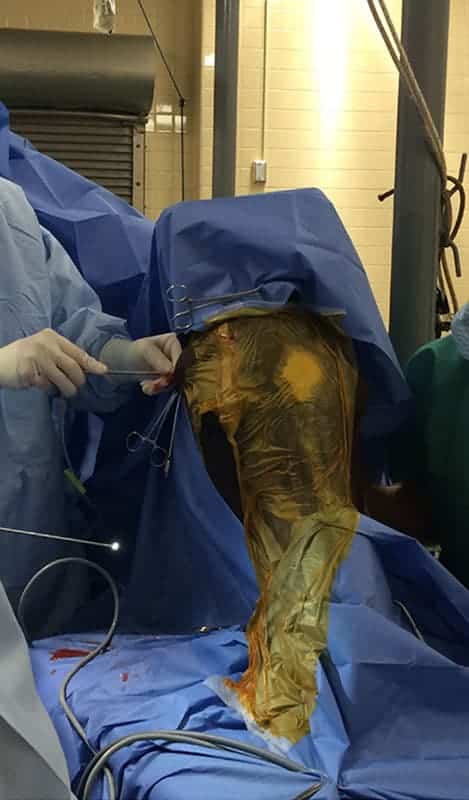
The Buyer’s Guide to Prepurchase Exams
He might seem perfect—but before you call him yours, determine if a horse is sound and serviceable for the job at hand and if you can live with his inevitable flaws.

He might seem perfect—but before you call him yours, determine if a horse is sound and serviceable for the job at hand and if you can live with his inevitable flaws.

Find out how to keep you, your prone-to-worry horse, and those around him safe.

Learn how veterinarians diagnosed and managed six real-life equine Cushing’s cases that strayed from the classic scenarios.

Aged horses require the same, if not higher, level of care as their younger counterparts. Learn about the unique needs of old horses, and meet five over-30 horses with age-related ailments.

Owning a horse over his lifetime can be rewarding, but you need to be prepared for specific costs related to his care. Learn about senior horse research studies and what veterinarians say you should watch for as your horse ages.

If you know how the equine eye works, you’ll understand why injury affecting any part of its structure can create significant pain and severely affect vision.

A case study found swelling and pain in the upper jaw between the eye and the ear might indicate an infection in the temporomandibular joint (TMJ) area.

If you have ever dealt with an equine eye problem, you know the importance of early recognition and appropriate treatment. Here are some common conditions and how your veterinarian might manage them.

Standing surgeries on sedated horses can provide good, if not better, results than equivalent surgeries on fully anesthetized horses, without the added costs and complications.

As horses get older, they face common age-related conditions and diseases that require management and care. Learn more about those conditions and diseases in this slideshow.

Grooming gives you visual and tactile information about your horse’s health.

Being prepared for an equine emergency can help make the situation less stressful and result in a more positive outcome.

Find out what items should be in your horse’s first-aid kit, what they’re used for, and how to store them.

Veterinarians successfully used a treatment option from human medicine to reduce squamous cell carcinomas in horses’ eyes.

Two leading genetics researchers described current and upcoming tests for a variety of heritable equine conditions.

Intraocular gentamicin injections might be less costly and less invasive alternatives to vitrectomy in horses with early stage ERU, also known as “moon blindness.”
Stay on top of the most recent Horse Health news with
"*" indicates required fields